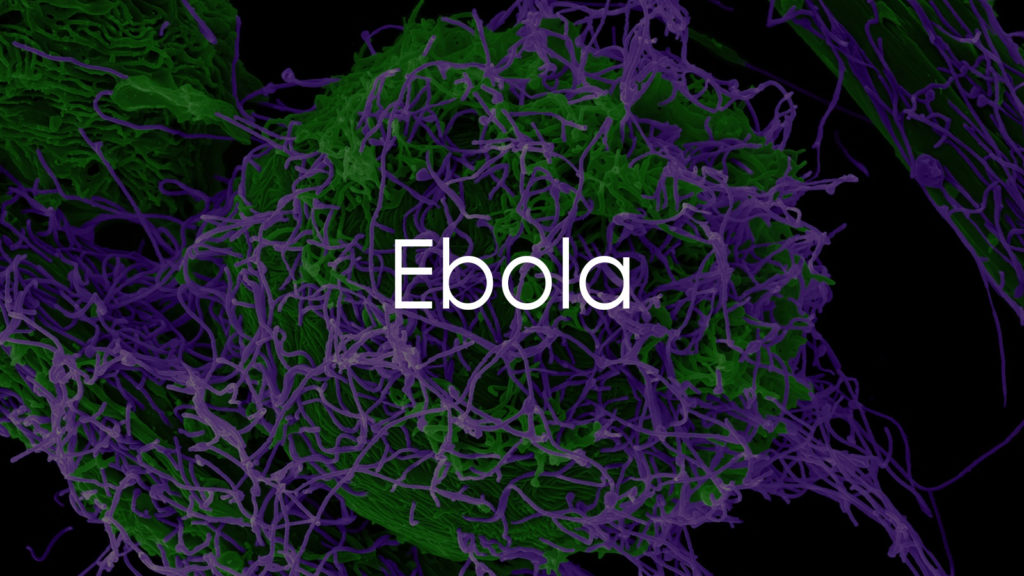Treating Ebola requires a multifaceted approach that includes supportive care, experimental therapies, and strict infection control measures. While there is no definitive cure for Ebola, early intervention and comprehensive medical care can significantly improve survival rates. This article explores various aspects of Ebola treatment, including supportive care, experimental treatments, and preventive strategies.

Supportive Care
Supportive care is the cornerstone of Ebola treatment, focusing on alleviating symptoms and preventing complications.
Hydration
Maintaining proper hydration is critical for Ebola patients, as dehydration is a common and dangerous complication.
- Intravenous Fluids: Administering IV fluids helps maintain electrolyte balance and hydration.
- Oral Rehydration Solutions: In less severe cases, oral rehydration can be effective.
Nutrition
Adequate nutrition is essential to support the immune system and overall health during recovery.
- Nutritional Support: Providing nutrient-rich foods and supplements.
- Monitoring Intake: Ensuring patients consume enough calories and essential nutrients.
Pain Management
Managing pain is crucial to improving patient comfort and overall well-being.
- Analgesics: Administering medications that relieve pain.
- Non-Pharmacological Methods: Techniques such as massage or relaxation exercises.
Fever Reduction
Controlling fever is important to reduce discomfort and prevent further complications.
- Antipyretics: Medications that lower fever.
- Cooling Measures: Physical methods like cooling blankets.
Experimental Therapies
Experimental therapies play a significant role in Ebola treatment, especially during outbreaks when approved treatments are limited.
Antiviral Drugs
Several antiviral drugs are under investigation for their effectiveness against Ebola.
- Mechanism of Action: These drugs aim to inhibit the replication of the Ebola virus.
- Research and Trials: Ongoing clinical trials are evaluating their safety and efficacy.
Monoclonal Antibodies
Monoclonal antibodies are designed to target and neutralize the Ebola virus.
- Targeted Therapy: These antibodies specifically bind to the Ebola virus, helping the immune system to destroy it.
- Efficacy: Some have shown promise in reducing mortality rates in clinical trials.
Convalescent Plasma
Convalescent plasma therapy involves using blood plasma from recovered Ebola patients.
- Immune Response: Plasma contains antibodies that can help fight the virus.
- Treatment Protocols: Guidelines for safe and effective plasma transfusions.
Immunomodulators
Immunomodulators are agents that modify the immune response to help control the infection.
- Mechanism: These treatments aim to enhance the body’s natural immune response to the virus.
- Research: Studies are ongoing to determine the best use of immunomodulators in Ebola treatment.
Infection Control Measures
Infection control is paramount in the treatment of Ebola to prevent the spread of the virus within healthcare settings and the community.
Isolation
Isolating Ebola patients is crucial to prevent transmission.
- Dedicated Units: Using special isolation units within hospitals.
- Strict Protocols: Implementing rigorous procedures for entering and leaving isolation areas.
Personal Protective Equipment (PPE)
Healthcare workers must use PPE to protect themselves and prevent the spread of Ebola.
- Protective Gear: Includes gloves, gowns, masks, and eye protection.
- Training and Compliance: Ensuring all staff are trained in proper PPE use.
Disinfection
Regular and thorough disinfection is essential to eliminate the virus from surfaces and equipment.
- Disinfectants: Using approved disinfectants that are effective against the Ebola virus.
- Cleaning Protocols: Adhering to strict cleaning schedules and procedures.
Safe Burial Practices
Safe burial practices are necessary to prevent the spread of Ebola from deceased individuals.
- Handling of Bodies: Implementing guidelines for safely handling and burying the bodies of Ebola victims.
- Community Education: Informing communities about the importance of safe burial practices.
Advanced Medical Interventions
In severe cases, advanced medical interventions may be necessary to support vital functions.
Mechanical Ventilation
Mechanical ventilation may be required for patients with severe respiratory distress.
- Respiratory Support: Using ventilators to assist with breathing.
- Monitoring: Continuous monitoring of respiratory status.
Renal Replacement Therapy
Renal replacement therapy may be needed for patients with kidney failure.
- Dialysis: Providing dialysis to support kidney function.
- Fluid Management: Carefully managing fluid levels to avoid complications.
Cardiovascular Support
Supporting cardiovascular function is essential for patients with severe Ebola.
- Medications: Administering drugs to support heart function and blood pressure.
- Monitoring: Continuous monitoring of cardiovascular status.
Long-Term Care and Recovery
Survivors of Ebola often require long-term care and support to fully recover from the effects of the disease.
Psychological Support
Many Ebola survivors experience psychological effects such as depression and anxiety.
- Counseling: Providing access to mental health professionals.
- Support Groups: Facilitating support groups for survivors.
Physical Rehabilitation
Rehabilitation services are important for restoring physical function and strength.
- Physical Therapy: Tailored exercises to regain strength and mobility.
- Occupational Therapy: Helping survivors return to daily activities.
Monitoring for Complications
Long-term monitoring is necessary to identify and treat any complications that arise after recovery.
- Regular Check-Ups: Ongoing medical appointments to monitor health.
- Screening: Screening for potential complications such as vision or hearing problems.
Conclusion
Treating Ebola requires a comprehensive approach that includes supportive care, experimental therapies, and strict infection control measures. Early intervention and appropriate medical care are crucial for improving outcomes and survival rates. By understanding the various treatment strategies and maintaining vigilance in infection control, healthcare providers can better manage Ebola outbreaks and support affected patients through recovery.